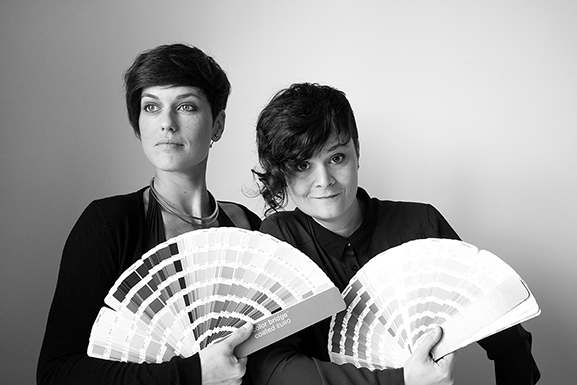Dr Gonzalo Pin: ‘During the day is when we have to think about sleep’
This renowned paediatrician, a child sleep specialist, gave a conference at the British school Caxton College to help parents understand their children’s sleep patterns.

According to a number of medical studies, around 30% of all paediatric visits are related to child sleep disorders. In the opinion of Dr Gonzalo Pin, Head of the Paediatrics Unit and Coordinator of the Sleep Medicine Group at Hospital Quirón Valencia, this is due to the fact that ‘many parents don’t understand the mechanisms that regulate sleep during the first years of a child’s life. That’s why it’s important for parents to understand that sleep is subject to a developmental process and therefore works differently over the course of childhood. The problem is that parents’ expectations regarding what their child’s sleep should look like don’t match up with that developmental process. For this reason, parents must adapt to their children’s routines and not expect it to be the other way around’.
Dr Pin emphasised that families can do a lot throughout the day, and not only at night-time, in order to facilitate restful sleep for their children. It’s important to understand what external factors can have a positive impact on a child’s sleep and how parents can bear these in mind. ‘For a child to sleep well, it’s essential to follow the sleep formula, which is like a puzzle with four pieces: affection, confidence, certainty about their surroundings and positive environmental conditions’.

The stress factor
Sleep is closely related to a child’s emotional state, which is why it requires a calm atmosphere that makes the child feel safe. ‘Stressed parents can create feelings of uncertainty in their children that can cause a sleep deficit. To be able to care for others, we have to care first for ourselves’, said Dr Pin. He continued with, ‘As parents, we have to reduce our levels of anxiety if we want our children’s sleep development to mature as it should for their age’.
How can I improve my child’s sleep patterns?
Dr Pin’s answer to this common question asked by families with young children is very concrete: ‘Starting in the morning’. To achieve restful sleep for the child, parents must consider what happens throughout the day and then if they encounter problems at night-time, they should reflect on how they acted during the rest of the day. ‘If the child gets up and eats a good breakfast in a room with lots of light, the child’s body will secrete a large amount of serotonin, a chemical substance that is fundamental in order for the body to convert it to melatonin, which makes falling asleep easier. More serotonin helps a child to behave better, acquire stronger social skills, learn more efficiently and sleep better’.
The importance of light
Ambient light is very important for children to associate morning and evening colours with their physical activity. For this reason, Dr Pin advised parents ‘to bear in mind what kind of light there is at home in the morning and at night-time’. In the same way, this medical professional reminded parents that it’s very important to bear in mind what time children eat and what they eat, when they practise sport or how we play with them before bedtime, because these routines can affect the child’s sleep. ‘It’s important for the child to start to feel the day’s routine winding down in order to start with the night-time routine, first outside and then inside the bedroom. When everything goes well, in forty minutes the child should have fallen asleep’.
Technology
‘What children do from birth to two years of age will influence their cognitive development for the rest of their lives’, said Gonzalo Pin. This is why it’s very important for everything going on around them to go smoothly. In that regard, screens have a significant impact on children’s ability to fall asleep, and he also said, ‘We know that depending on the number of hours that a 12-month-old child spends using screens, alterations in neuronal connections may cause reduced quality of sleep, and that by age nine they may demonstrate a lower ability to learn and more behavioural issues, as shown in a study recently published by the Associations Between Infant Screen Use, Electroencephalography Makers and Cognitive Outcomes’. And finally, in the words of Dr Pin, it is essential for children to spend time outdoors.






Recent Comments